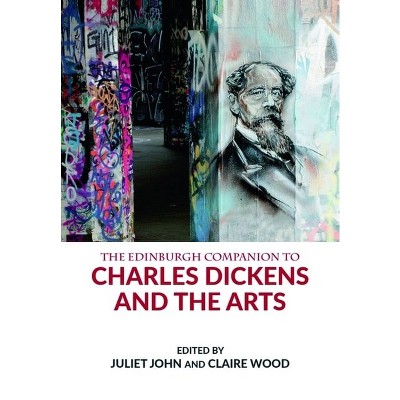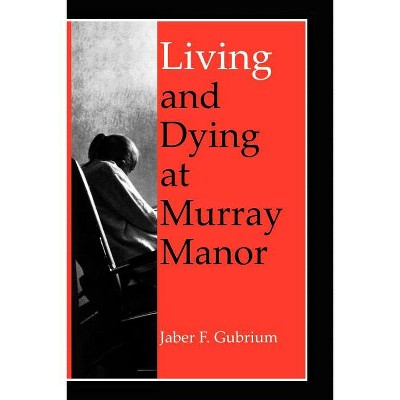Quantitative Methods in the Humanities - by Claire Lemercier & Claire Zalc (Paperback)

About this item
Highlights
- This timely and lucid guide is intended for students and scholars working on all historical periods and topics in the humanities and social sciences--especially for those who do not think of themselves as experts in quantification, "big data," or "digital humanities.
- About the Author: Claire Lemercier is Research Professor of History at the Center for the Sociology of Organizations, Paris.
- 188 Pages
- Science, History
Description
About the Book
Covering the most recent techniques, in addition to others not often enough discussed, the book will have much to offer to the most seasoned practitioners of quantification.Book Synopsis
This timely and lucid guide is intended for students and scholars working on all historical periods and topics in the humanities and social sciences--especially for those who do not think of themselves as experts in quantification, "big data," or "digital humanities."
The authors reveal quantification to be a powerful and versatile tool, applicable to a myriad of materials from the past. Their book, accessible to complete beginners, offers detailed advice and practical tips on how to build a dataset from historical sources and how to categorize it according to specific research questions. Drawing on examples from works in social, political, economic, and cultural history, the book guides readers through a wide range of methods, including sampling, cross-tabulations, statistical tests, regression, factor analysis, network analysis, sequence analysis, event history analysis, geographical information systems, text analysis, and visualization. The requirements, advantages, and pitfalls of these techniques are presented in layperson's terms, avoiding mathematical terminology.
Conceived primarily for historians, the book will prove invaluable to other humanists, as well as to social scientists looking for a nontechnical introduction to quantitative methods. Covering the most recent techniques, in addition to others not often enough discussed, the book will also have much to offer to the most seasoned practitioners of quantification.
Review Quotes
"There are so many untapped opportunities for historians to use quantitative methods, but very few guides to help them use these methods well. This book meets an urgent need for concise, accessible, and rigorous texts on quantitative history. It is a text that will last--it presents fundamental concepts in such a way that they will not be quickly dated as tools and questions change."
--Caitlin C. Rosenthal, University of California, Berkeley, author of Accounting for Slavery: Masters and ManagementClaire Lemercier and Claire Zalc belong to this rare category of historians who show how quantitative methods can and should be used to build new bridges between history, the social sciences and humanities. At a time when disciplinary entrenchment is as lively as ever, this is refreshing. This book provides a great illustration of their approach. A must-read.
--Thomas Piketty, École des Hautes Études en Sciences Sociales and Paris School of Economics, author of Capital in the Twenty-First CenturyLemercier and Zalc have crafted a wonderfully luminous and congenial primer to quantitative methods construed, not as the Grail, but as a pragmatic, supple and enriching approach to interpretation as well as to the administration of proof. It presents possible solutions to a multiplicity of very different questions that stimulate thinking about how to capture and fathom the past and to probe issues in myriad disciplines in the humanities and the social sciences.
--Steven Laurence Kaplan, Cornell UniversityThis instructive guide is replete with successes and cautionary tales and rich in examples for further study. It is an invitation to employ quantitative methods to stimulate different approaches to historical study.
-- "CHOICE"About the Author
Claire Lemercier is Research Professor of History at the Center for the Sociology of Organizations, Paris.
Claire Zalc is Research Professor of History at the Institute for Early Modern and Modern History and at the School of Advanced Studies in the Social Sciences, Paris.
Arthur Goldhammer is an affiliate of the Center for European Studies at Harvard University.





